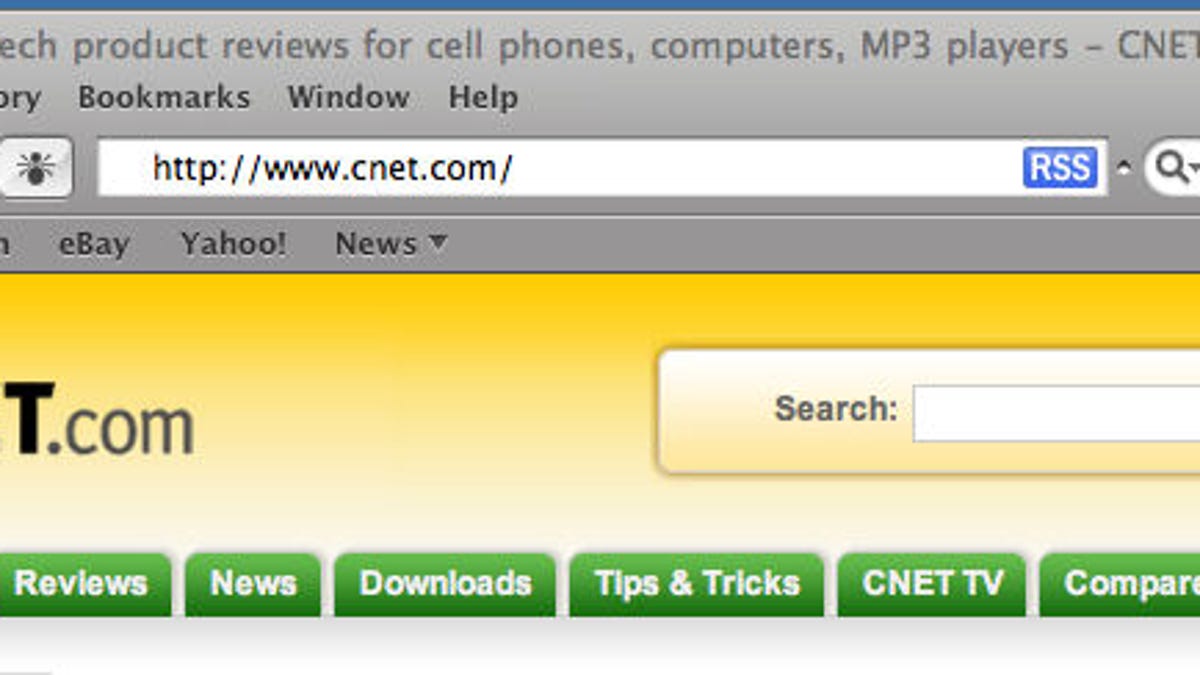Safari 3.0 for Windows (beta)
In the fall, Apple will port its popular Mac browser to Windows XP and Windows Vista.

When Steve Jobs announced the beta for the Apple Safari 3.0 browser for Windows XP and Vista, the first thought on many minds was "Do we need it?" On a Mac, Apple Safari excels in some important areas--speed, rendering, standards compliance--but offers very few plug-ins, doesn't preview tabs, and doesn't preview linked URLs. When the final version comes out, Safari 3.0 will likely compete directly with and make things harder for the Opera community, but will draw little from the existing Firefox and Internet Explorer user base.
The public beta offers three download choices: Safari plus Quicktime for Windows XP and Vista; Safari for Windows XP and Vista; and Safari for Mac OS 10.4.9 or later. We downloaded the first option and had Safari up and running within minutes. One choice during setup will be unfamiliar to most Windows users. On a Mac, Apple's Bonjour protocol finds the local IP address of all devices such as your network printer. Bonjour works the same on a Windows machine.
The plastic look and feel of Safari is distinctively Apple. If you use iTunes, the font and colors of the Safari bookmarks will be familiar. If you highlight a word on any page and then right-click, you get an option to search with Google. On the browser itself, you can set the default search to be with either Google or Yahoo--far fewer choices than with Internet Explorer or Firefox. Without prompting, Safari sucked in all our bookmarks from IE and Firefox. With Safari, you can make any tab its own window. But if you close any Safari window, you lose all your tabs. Only Firefox 2 offers session restore, restoring your tab session as it was.
Safari 3.0 comes with pages for Apple, Amazon, eBay, and Yahoo, and newsfeeds from Google, CNN, New York Times, Washington Post, BBC, NPR, and CNET News.com preinstalled on the toolbar. Under bookmarks, Apple includes a hundred more sites, such as National Geographic, Accuweather.com, and TV Guide, all grouped by category.
On standards, Safari rocks. It has passed what is called the Acid2 test, a test designed by the Web Standards Project. And, if you believe Apple, it renders pages twice as fast as Internet Explorer.
In the end, Safari 3.0 beta is a mixed bag. There are some good features, but current Firefox and Internet Explorer users will likely be frustrated by the lack of add-ons and other user interface concerns. And, less than twenty-four hours after its public release, three security researchers have found at least eight significant flaws within the Safari for Windows browser.


